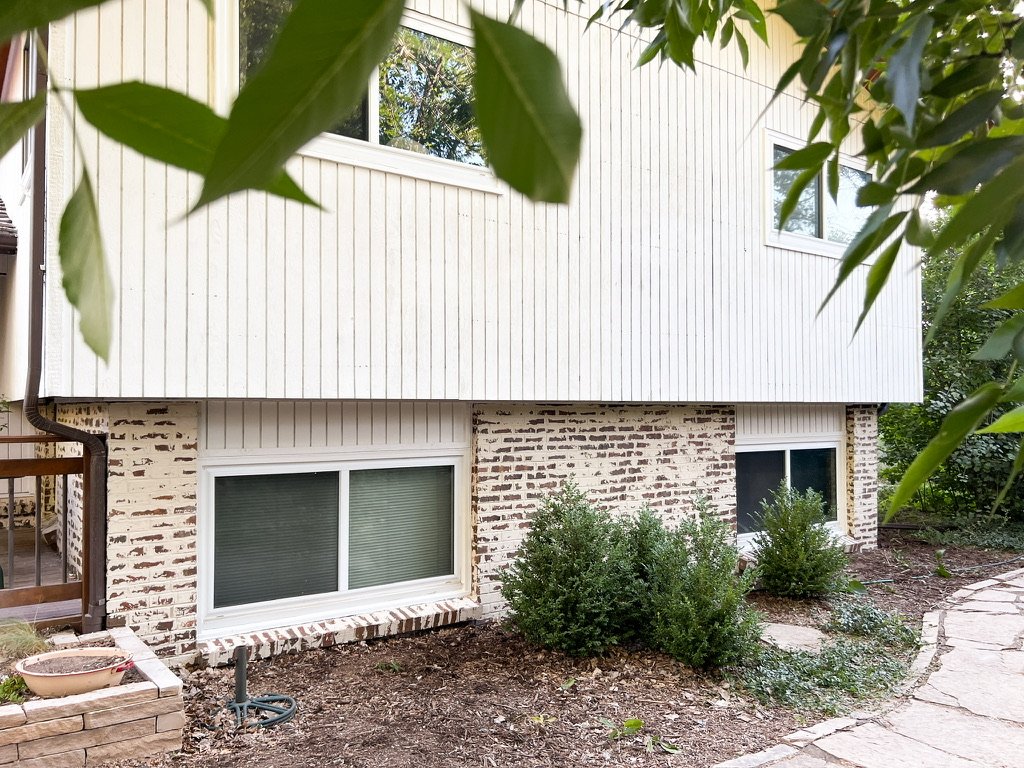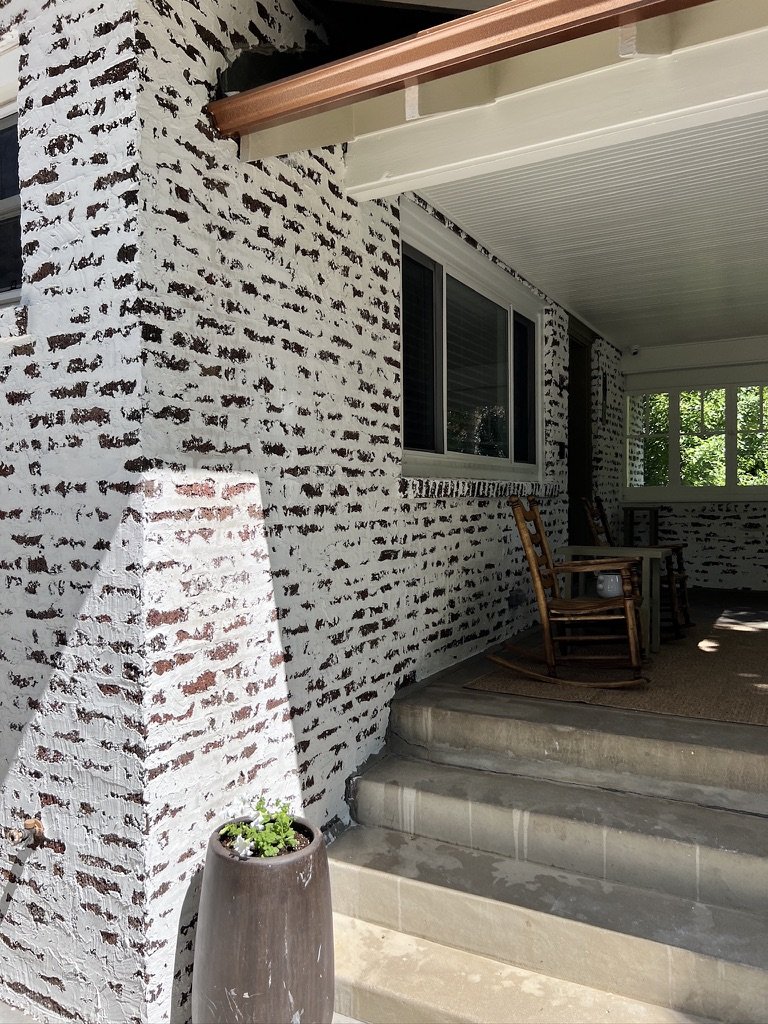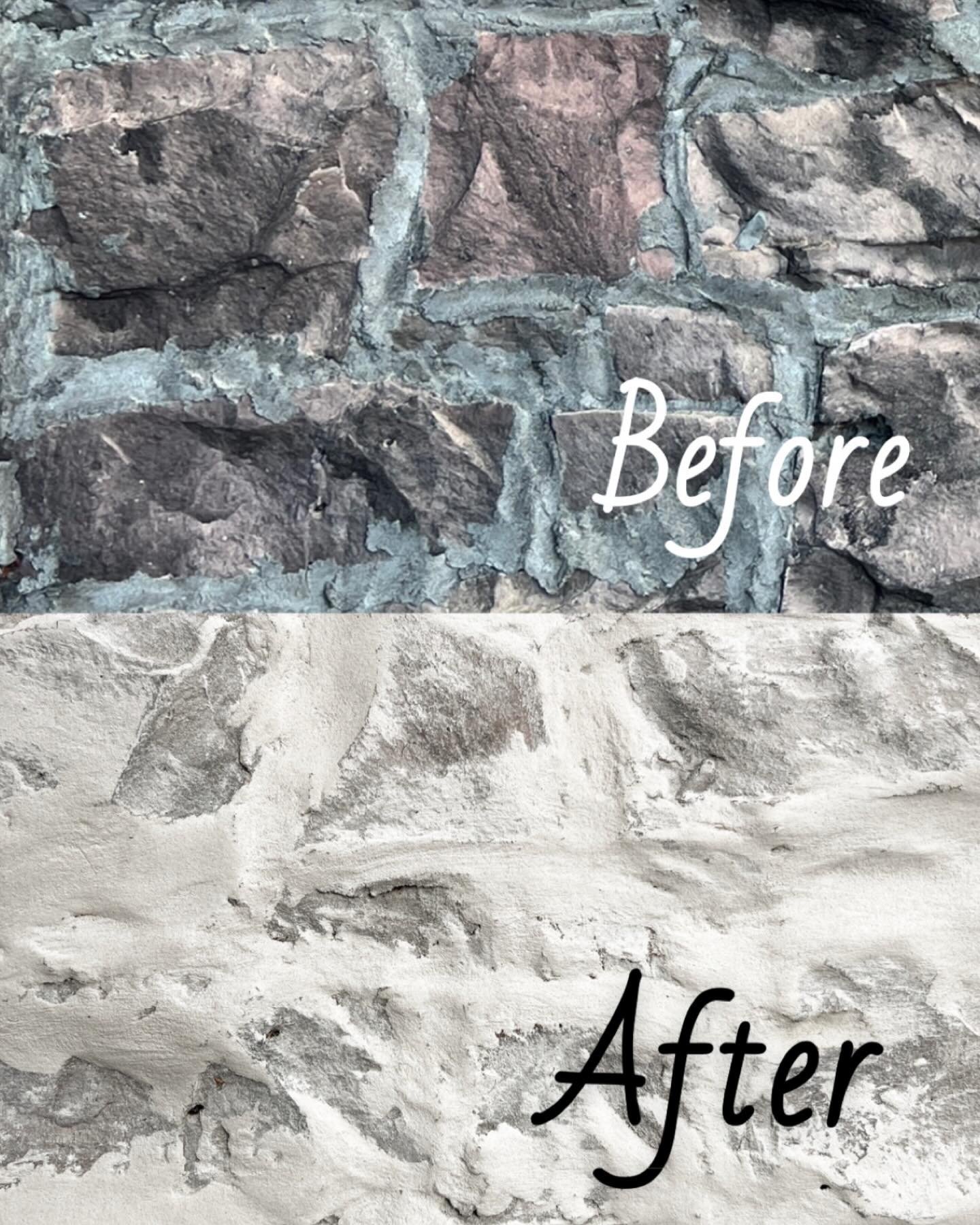We are the German Schmear (Smear) Artists of Colorado
Want to German Schmear (Smear) your Brick Home?
The style of German schmear, or mortar wash, has roots dating back centuries, likely to the medieval era in Europe. While the exact origin is challenging to pinpoint, it's closely associated with traditional European masonry techniques.
German Schmear is timeless
In regions like Germany, particularly in Bavaria and the Alpine regions, exposed brick or stone exteriors were common in traditional architecture. To add texture and character to these surfaces, builders would apply a thin layer of mortar and then manipulate it to achieve the desired effect. This process likely laid the groundwork for what would later be known as German schmear.
We are the German Schmear (Smear) Artists of Colorado
German Schmear
VS
Limewash
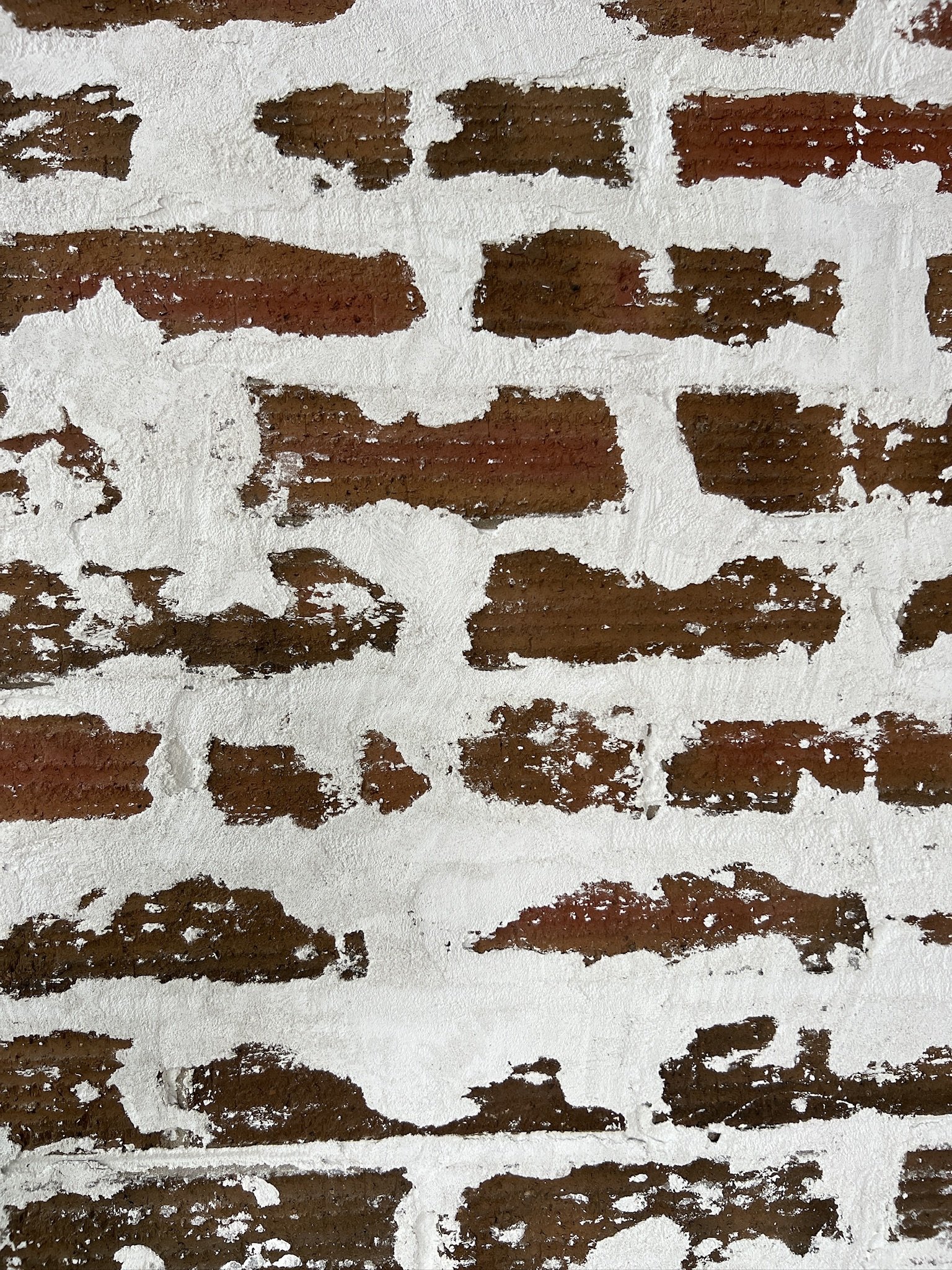
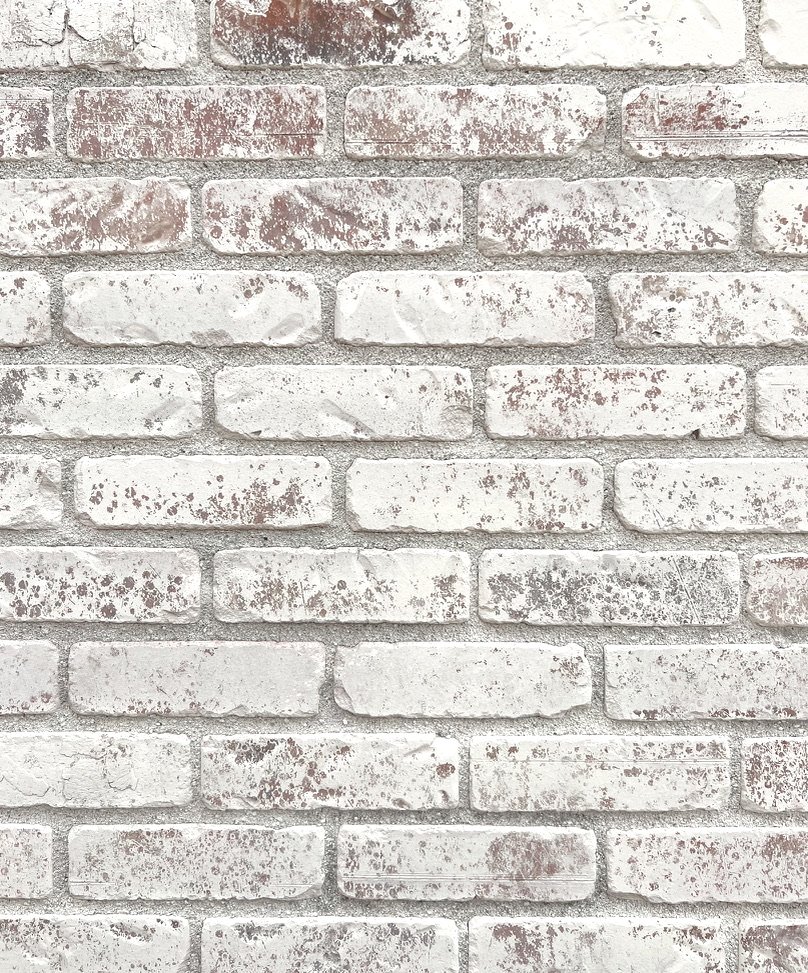
What’s the difference?
German Schmear
German Schmear involves using mortar or a mortar-like mixture (typically with cement or mortar mix) that is spread unevenly over the surface of the bricks or stones.
Application: It is applied in a thicker, more textured manner than limewash, often with deliberate variations in coverage and depth.
Appearance:The result is a more pronounced, uneven texture with areas where the mortar mixture may cover some bricks or stones more heavily than others.
Effect:German Schmear creates a rustic or aged appearance, emphasizing the irregularities and textures of the masonry. It can range from a subtle whitewashing effect to a more dramatic, heavily textured finish.
Limewash
Limewash is made from slaked lime (calcium hydroxide) mixed with water and sometimes pigments.
Application: It is applied thinly to the surface of masonry, such as bricks or stone, using a brush or sprayer.
Appearance: Limewash gives a matte, chalky finish that allows some of the underlying texture and color of the masonry to show through.
Effect: It adds a subtle color tint while still allowing the natural texture of the masonry to be visible. It's often used to give a weathered or aged appearance to surfaces.
The German Schmear Technique
German Schmear is technique is one that is created by using a very thick application for a dramatic and eye catching aesthetic.
Unlike Limewash that has varying tones, German Schmear is most recognizable by its all or nothing coverage pattern. The brick is either covered completely, or exposed. The limewash and German Schmear look is found historically on century old cottages and castles.
German Schmear is Art
The beauty of German schmear lies in its ability to highlight the natural character of brick or stone while softening its harsh edges. The irregularity of the application creates a handcrafted look, with some areas of brick peeking through, offering depth and dimension. The contrast between the warm, earthy tones of the brick and the cool, chalky mortar adds a sense of history and sophistication.
German Schmear is Maintenance Free
Since the German Schmear Technique is created with real mortar or concrete, the final product requires no maintenance. German Schmear and Brick Staining are 2 permanent coatings that will not require any touch ups in the future.










